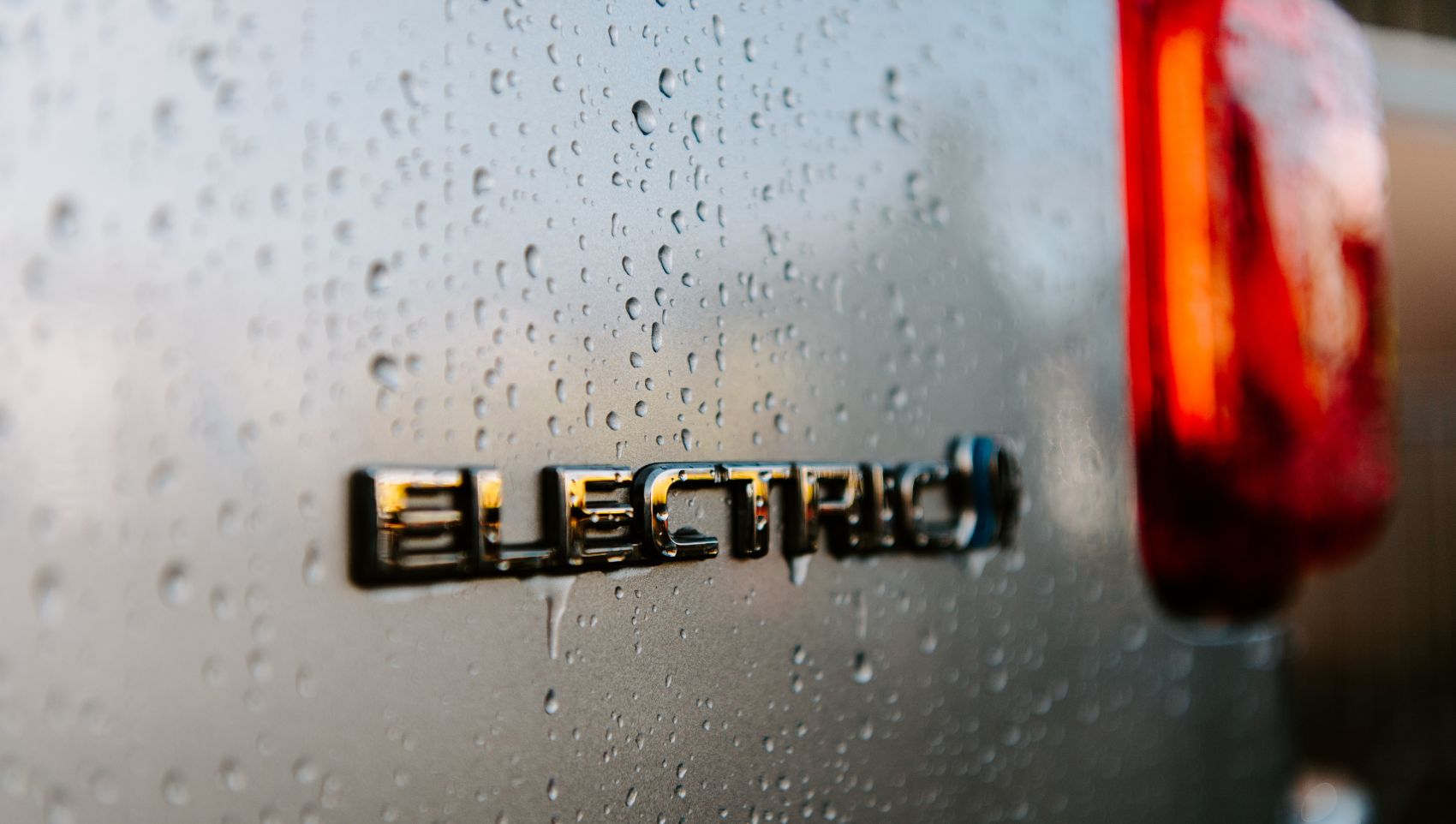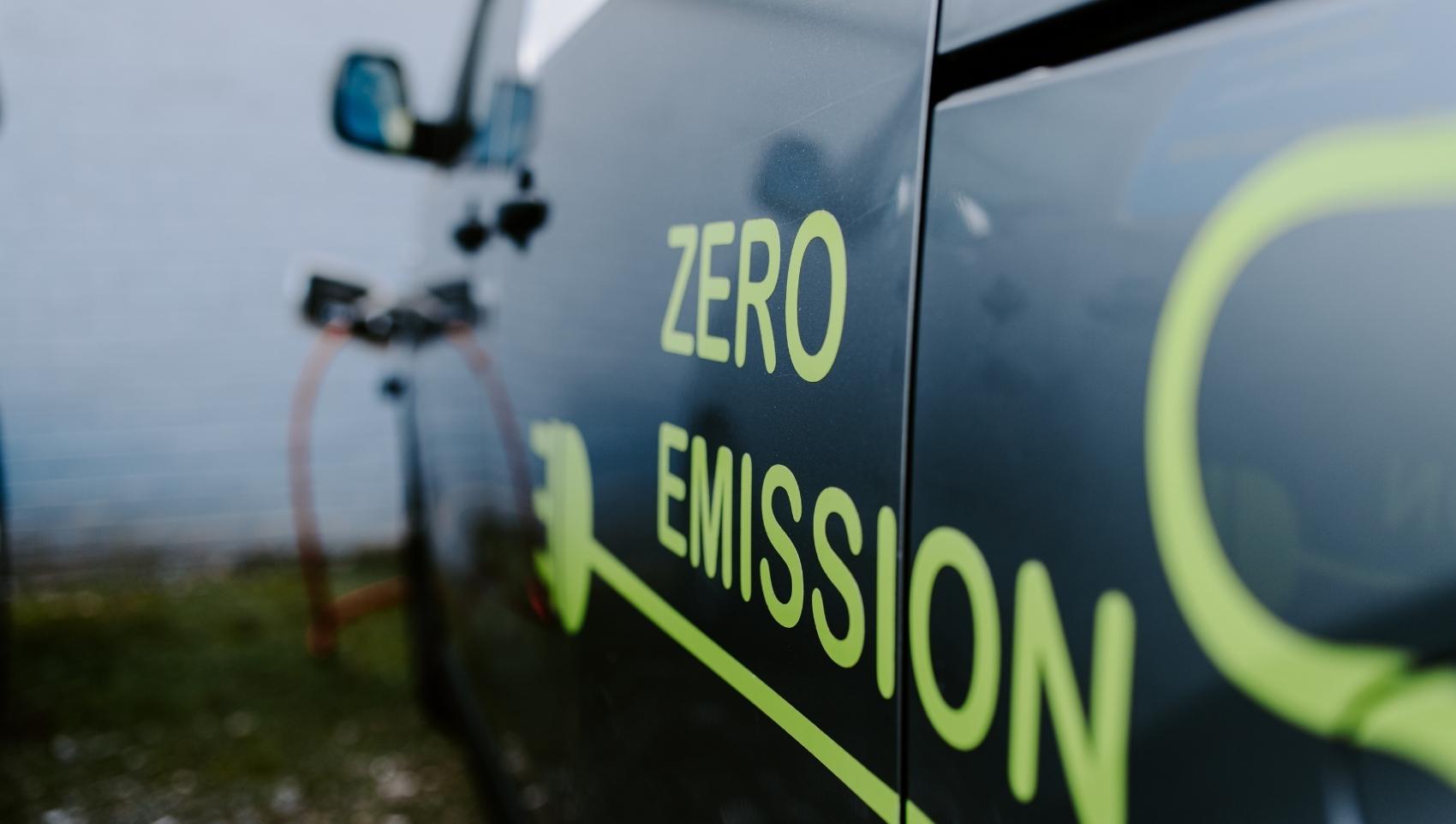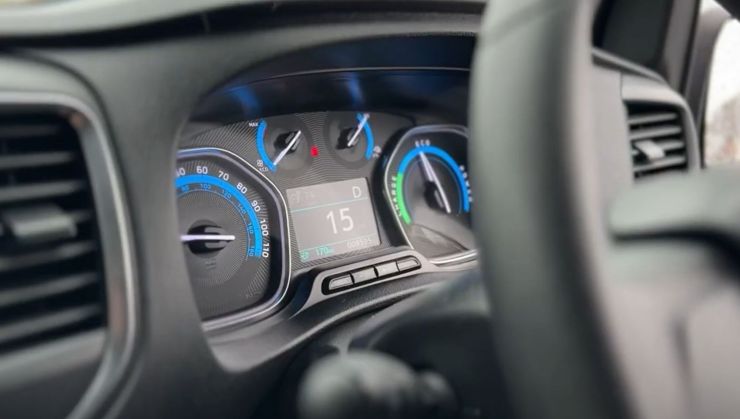Last Updated: 24th March 2025
Jump To
- EV Running Costs: An Overview
- EV Charging Costs At Home
- EV Charging Costs At Public Stations
- Factors Affecting The Cost To Run And Charge An EV
- How To Save On Your EV Charging Costs
Please note that the cost estimates provided in this blog are approximate and may vary depending on your specific energy supplier, location, and the electricity tariff you’re on. Always check with your energy provider for the most accurate and up-to-date information on your electricity rates.
EV Running Costs: An Overview
The running costs of an EV vary depending on the make, model, battery size, and how often you drive. Generally, EVs are cheaper to maintain than their internal combustion engine (ICE) counterparts. While the purchase price of an EV may be higher, EVs tend to have lower total ownership costs, especially if you're able to charge at home or at work.
Here’s a breakdown of the key running costs for an EV:
- Fuel Costs: EVs are far cheaper to fuel compared to petrol and diesel cars.
- Maintenance Costs: EVs have fewer moving parts, so maintenance is typically lower.
- Insurance Costs: Insurance for EVs is often comparable to, or slightly higher than, ICE vehicles.

EV Charging Costs At Home
Charging your EV at home is often the most cost-effective way to keep your car charged. According to Ecoexperts, the average domestic electricity rate in the UK is about 24.86p per kWh, which is valid until 31st March. The cost of fully charging your EV will depend on the size of its battery. For example, to fully charge a 60kWh battery, it will typically cost you around £14.91. This charge can provide a range of about 200 miles, depending on the efficiency of your car.
Charging At Home: Tips For Saving
One way to lower your home charging costs is by switching to a dual-rate electricity tariff designed for EV owners. These tariffs are cheaper during off-peak hours, such as at night, which is the ideal time for charging.
For example, charging at night on an off-peak tariff (around 7p per kWh) would reduce the cost to just £4.20 for a full charge of the same 60kWh battery.
If you’re unsure of how much it will cost to charge your specific EV, you can use the following formula to calculate the cost:
Cost to Fully Charge = Tariff (e.g., 24.86p/kWh) × Battery Size (e.g., 100kWh) ÷ 100
For example, if your electricity rate is 24.86p/kWh and your EV's battery size is 100kWh, the total cost to fully charge your EV would be £24.86.
EV Charging Costs At Public Stations
Charging at public stations is generally more expensive than charging at home, but it’s a convenient option when you’re on the go. You can use apps like ZapMap to locate nearby charging points, check available chargers, and compare prices for fast, rapid, and ultra-rapid charging stations.
- For example, you may pay around 30p per kWh at a fast charger and 50p per kWh at a rapid charger, depending on the network and location.
If you've not charged an EV before, check out our blog, on how to charge an EV.

Factors Affecting The Cost To Run And Charge An EV
Several factors influence the overall cost of running and charging an EV:
- Battery Size: Larger batteries will cost more to charge but offer longer driving ranges.
- Tariff Type: A dual-rate electricity tariff can significantly reduce your home charging costs, especially when charging during off-peak hours.
- Charging Location: Public charge points, especially rapid chargers, can be much more expensive than charging at home.
- Driving Habits: Your driving style, how often you drive, and how long your trips are will affect how much you spend on charging.
By considering these factors, you can make informed decisions about how and where to charge your EV to reduce costs. To learn how to drive an EV efficiently, read our blog to help you maximise your range.
How To Save On Your EV Charging Costs
Here are a few simple strategies to lower your EV charging costs:
- Charge at Home: Whenever possible, use home charging to take advantage of lower electricity rates.
- Switch to Off-Peak Tariffs: Charge your EV during off-peak hours to take advantage of cheaper electricity rates.
- Use Public Chargers Wisely: Use fast or rapid chargers only when necessary. Consider slower chargers if you're not in a rush.
- Track Your Charging: Use apps like ZapMap or your EV’s onboard system to monitor your charging habits and find the cheapest locations.
To learn more about the different types of chargers and how they impact your charging speed, check out our blog, how long does it take to charge an EV?
Charging and running an electric vehicle might seem like a big leap from traditional petrol or diesel vehicles, but the long-term savings make it worthwhile. By understanding the costs associated with home charging, public charging stations, and the factors that affect your overall running costs, you can better manage your EV expenses.
Looking To Transition Your Fleet To EV?
Are you looking to transition your fleet to EV but don't know where to start, or need some guidance throughout the process? Our EV Consultancy service can support you at every step, from a free consultation offering advice on all things EV, to analysing your current fleet usage, site surveys and even tailor-made training for you and your team to help your business transition to EV seamlessly.



